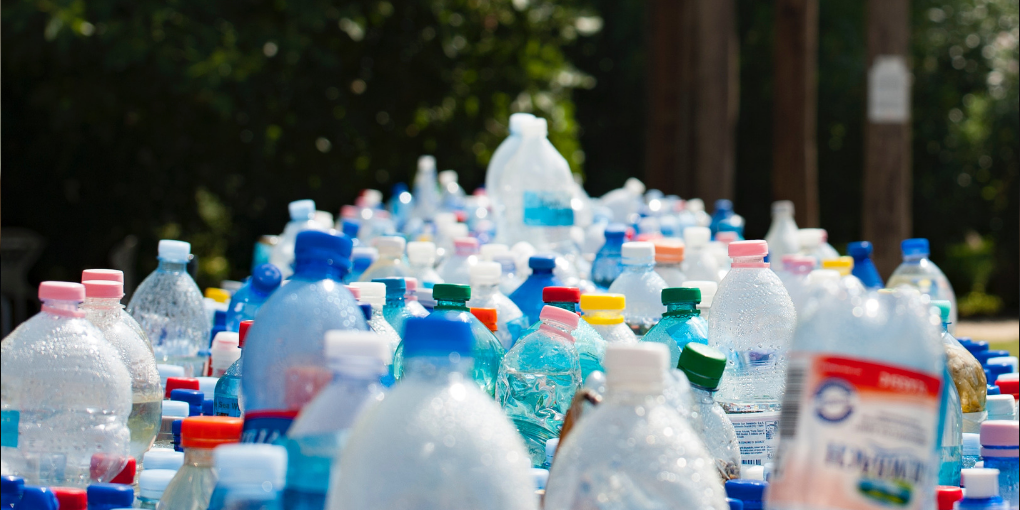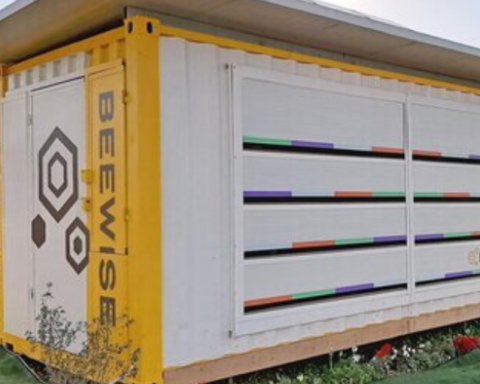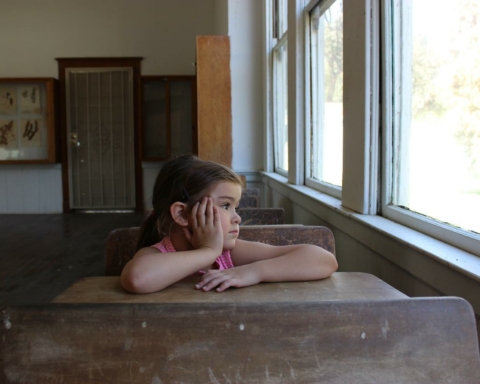We need to talk about plastic. Over 300 million tons of plastic is produced annually, and about 80 million tons of it makes it into our oceans and seas. In just one kilometer of Tel Aviv beach, 50 pounds of plastic per day litters the shorelines. This tags Tel Aviv as the third most plastic polluted beach in the world, recently reported by the World Wildlife Fund.

Without action now, consumption and faulty waste management will only continue to grow. Plastic is rapidly becoming public enemy number one, not only for humans but for the underwater ecosystem and all of its inhabitants. Consequences are dire. Plastic is typically a one time use item and its use is on the rise in Israel. Its non-biodegradable material is a direct danger to the environment, including sea creatures, and more indirectly, to the humans who may eventually digest said sea life.
Plastic waste can take up to 1,000 years to decompose, and even then, release harmful chemicals into the air, the ground, the sea – human’s most natural resources. Plastic production might be financially cheap, but at what cost is big business and a greedy system willing to ignore the serious environmental issues on the rise? Are profits more important than people’s health?
Two cities in Israel are leading the charge to make a difference. Herzliya, a seaside city just north of Tel Aviv, has declared its goal to be the first plastic free city in Israel. The municipality has banned one time use plastics on the beach, and will fine those who use it. It also has a two-year plan to ban all one time use plastic in its municipal buildings.
Also stepping up to fight the necessary battle against plastic use is Eilat. The mayor has not only banned plastic use on the beach but also selling plastics. This is in the wake of Egyptian president also making a stand against the world of plastic, and perhaps both sides taking action will create a better space to make the Red Sea plastic free.
This new authority bands follows the recently blown open global conversation placing plastic production, consumption and waste as a top priority. In short term, using plastic ware might be more convenient; however, as the plastic use keeps rising, so does the harm it’s doing to the environment. Even the European Union has approved a law which bans single use plastics in all EU states by 2021.
While these laws are a step in the right direction, the conversation deserves to be further widened, because the core of the issue is the increasing amounts of unnecessary plastic production by big business industries, with the major culprits being the packaging industry at about 40% use worldwide.
For the short term it might be more convenient but we all know, 3021 will arrive in a flash, and our fellow human family will be in a dire situation, that could have been prevented. An ancient Chinese proverb says that the best time to plant a tree is 20 years ago, and the second-best time is today. Just like a tree is best planted 20 years ago, plastic is best stopped today.








